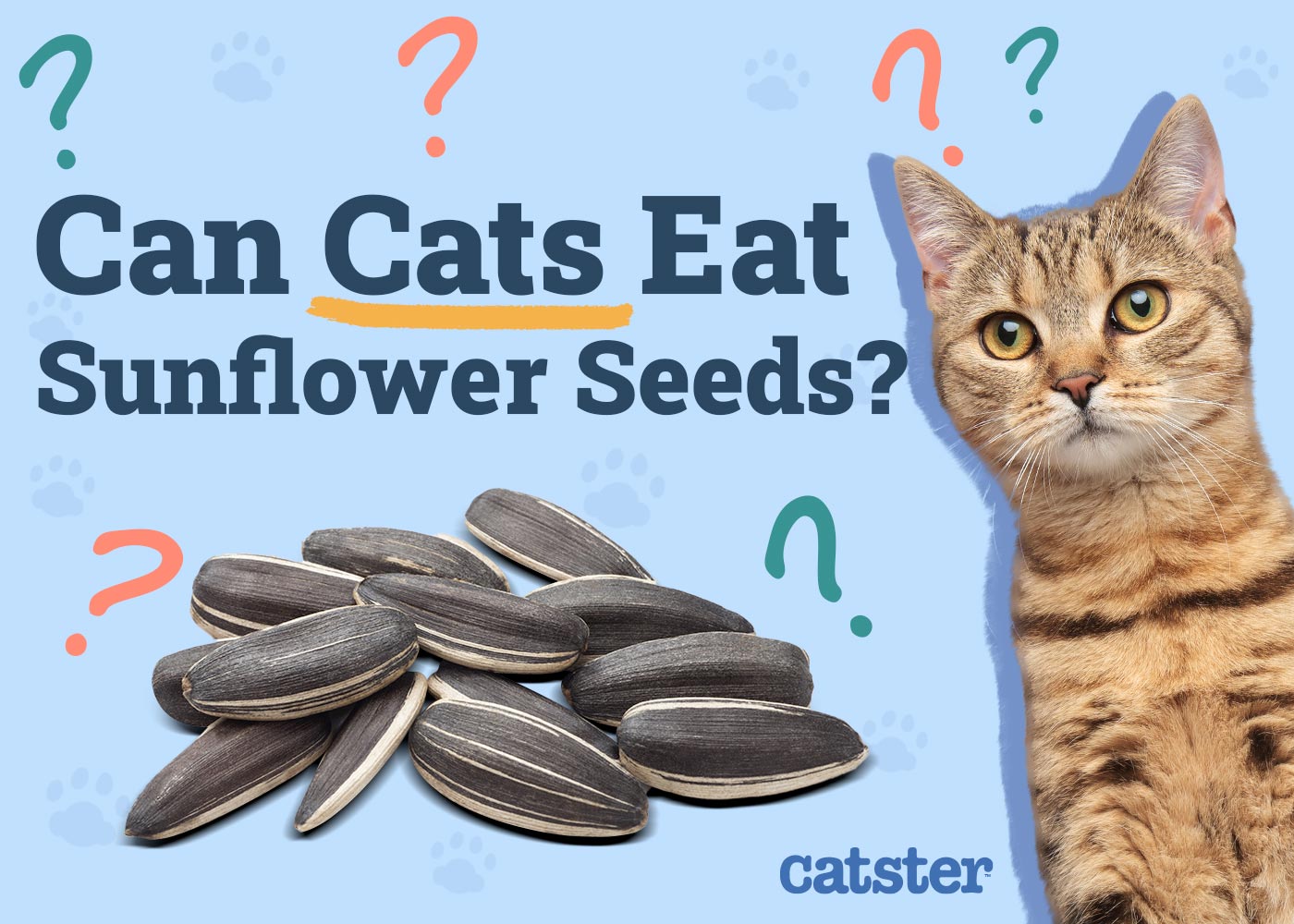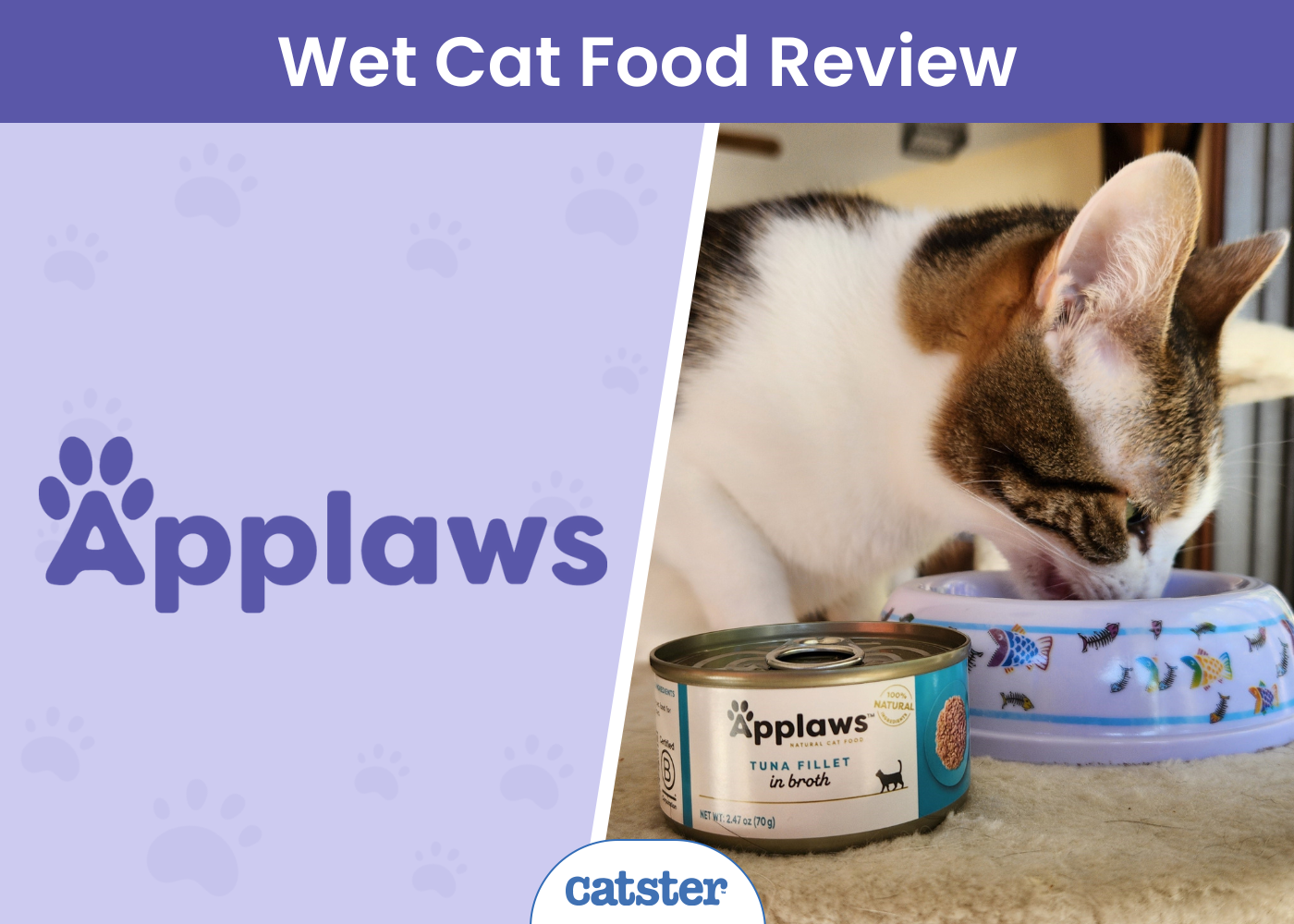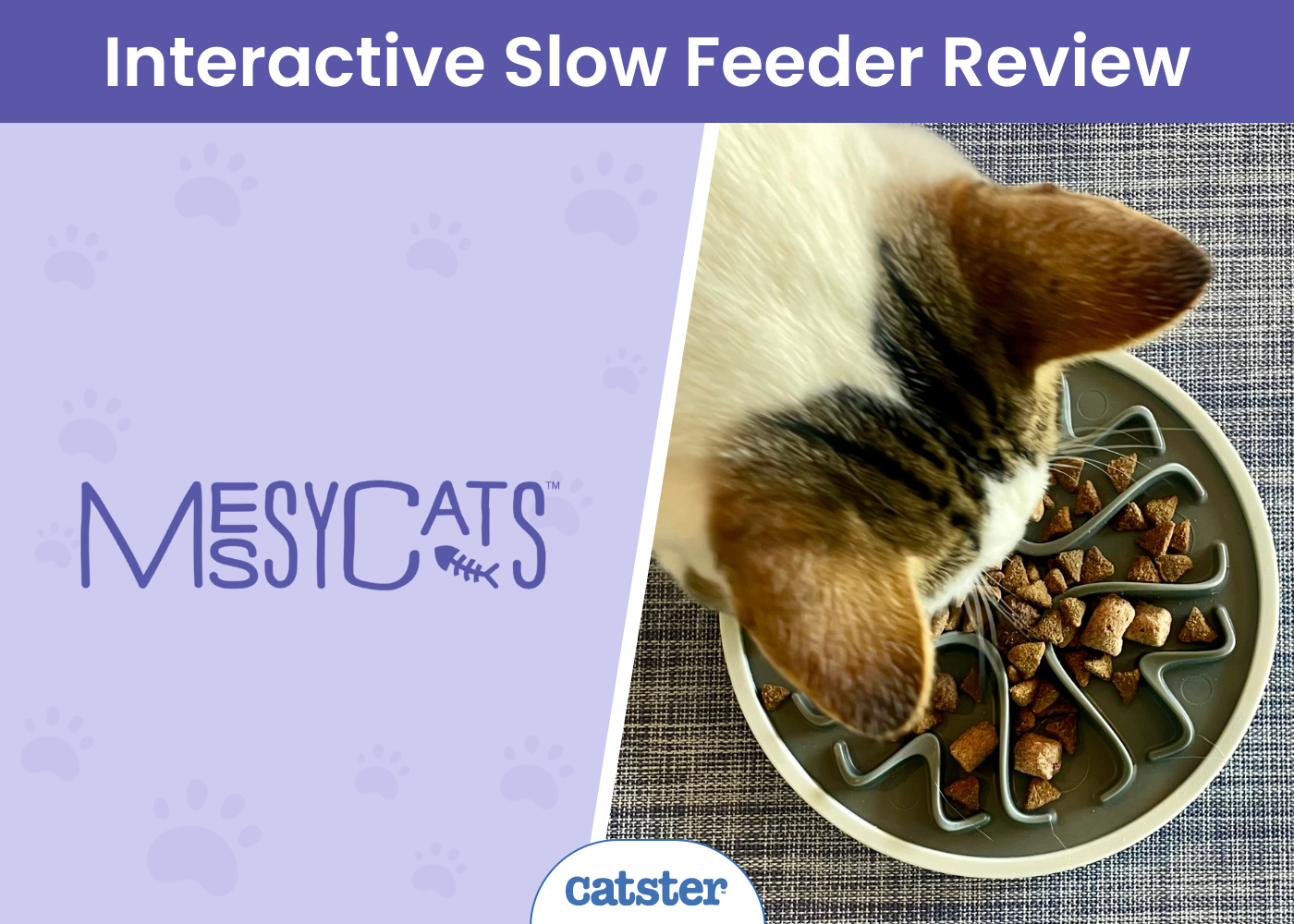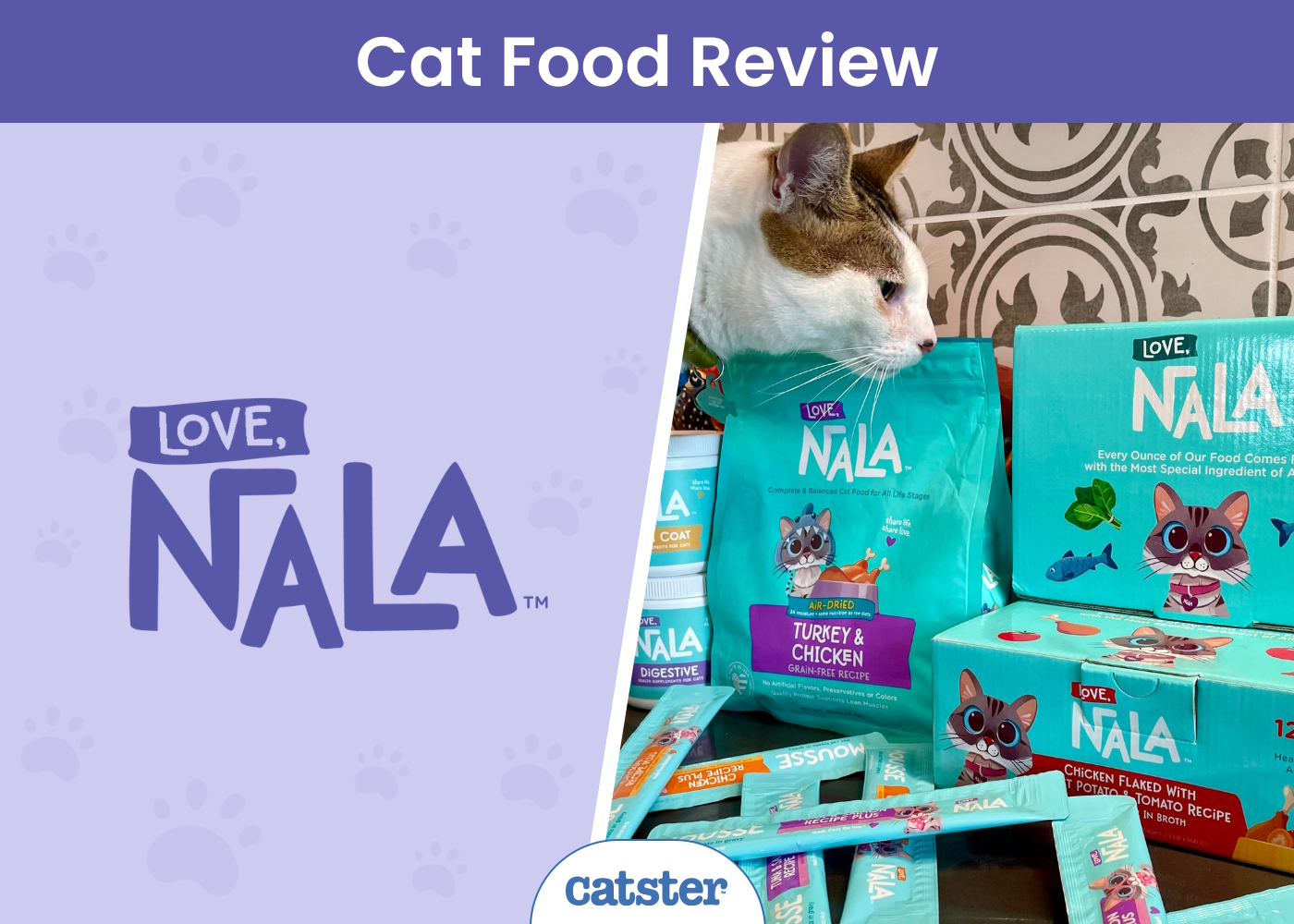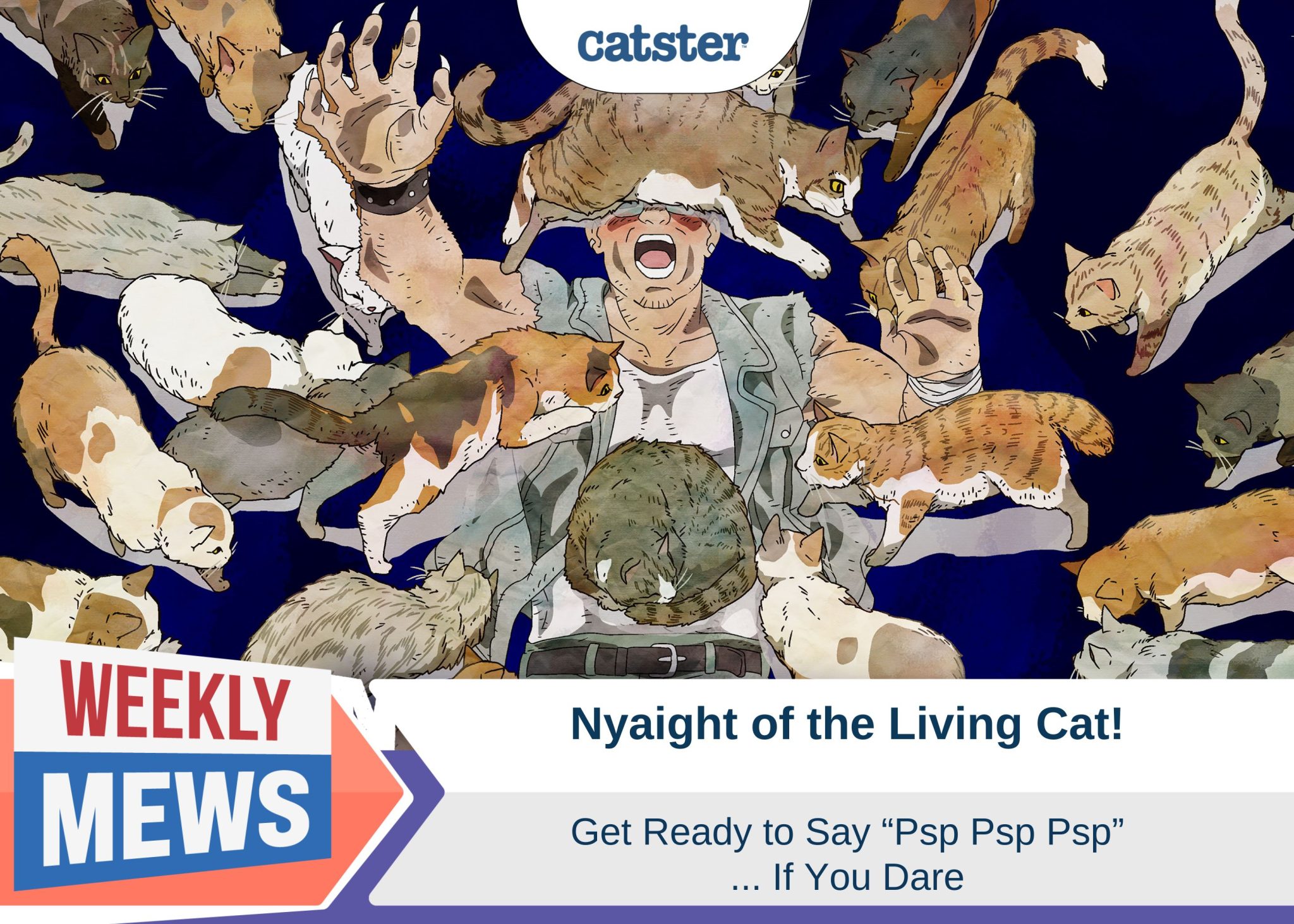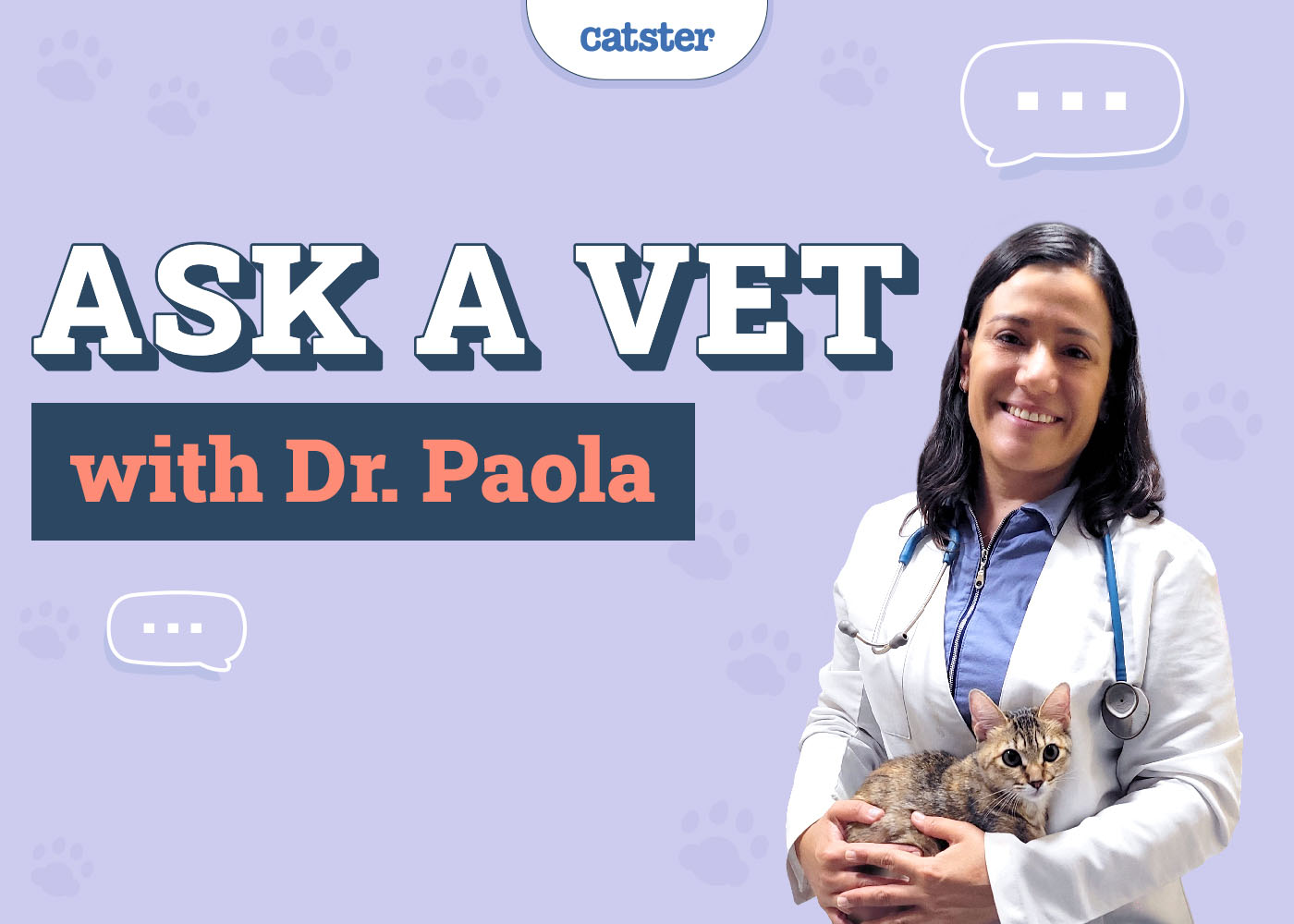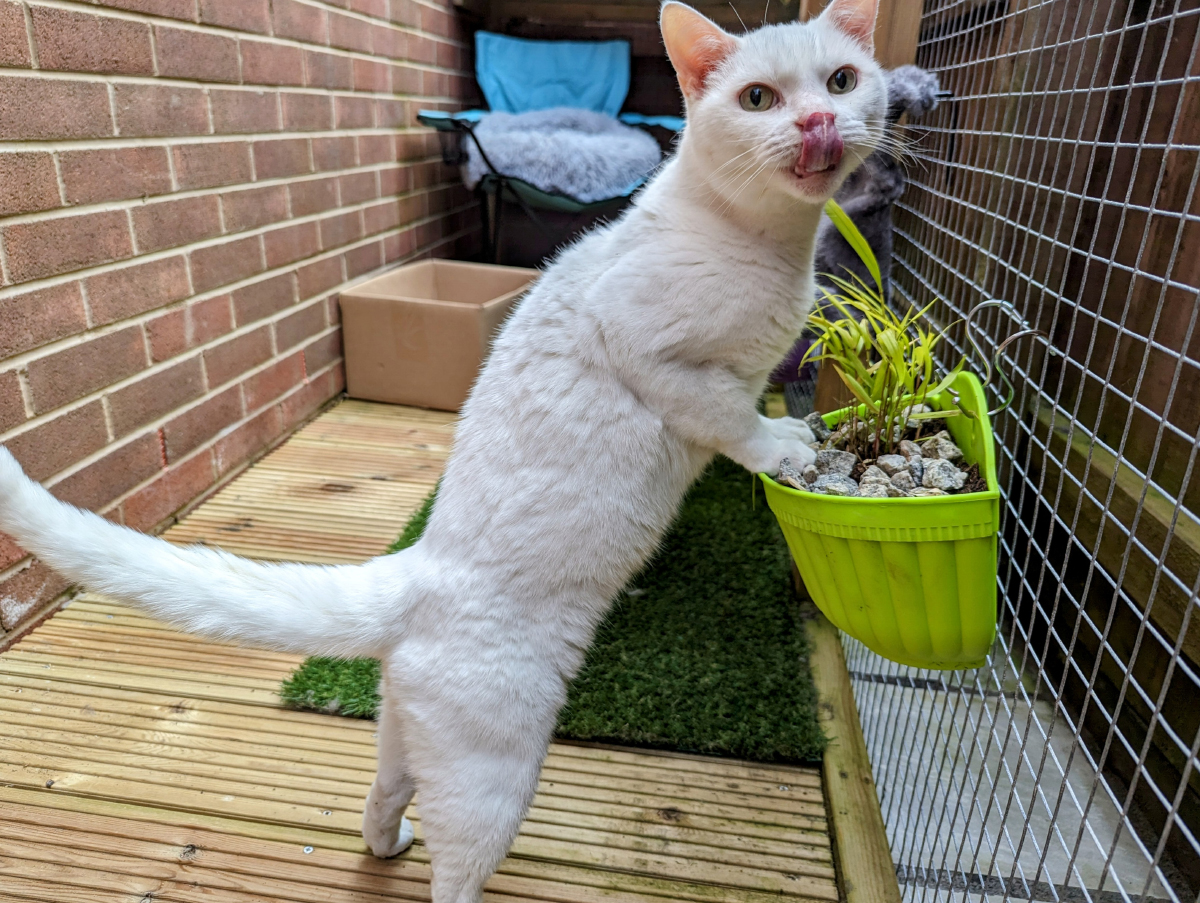Click to Skip Ahead
Sunflower seeds are the edible gifts of the sunflower. Not only are they tasty, but they are nutritious and considered to be one of the healthiest snacks around. But can your beloved feline eat them, too?
The quick answer is that yes they can, but there are certain things that you need to know about sunflower seeds, such as how to serve them, how many to feed them, and, more importantly, when not to feed them! So, before feeding them to your cat, be sure to read this guide.
In this guide, we’ll discuss everything you need to know about feeding your cat this sunny superfood, so let’s dive straight in!

Yes, Cats Can Eat Sunflower Seeds! But Only the Seed!
The quick answer here is that, yes, cats can eat sunflower seeds. The American Society for the Prevention of Cruelty to Animals states that the sunflower plant is non-toxic to cats, and that includes the seeds.1
However, you have to remove the shell because it is sharp, can lead to internal injuries, and is very hard to digest. While rodents have perfected the ability to shell the seeds themselves, cats have not mastered this skill, so you will need to do it for them. So, technically, it is the sunflower kernel that they can eat.
If you are buying seeds from the store, you also need to ensure that they are natural and unseasoned, as this can cause an upset stomach.
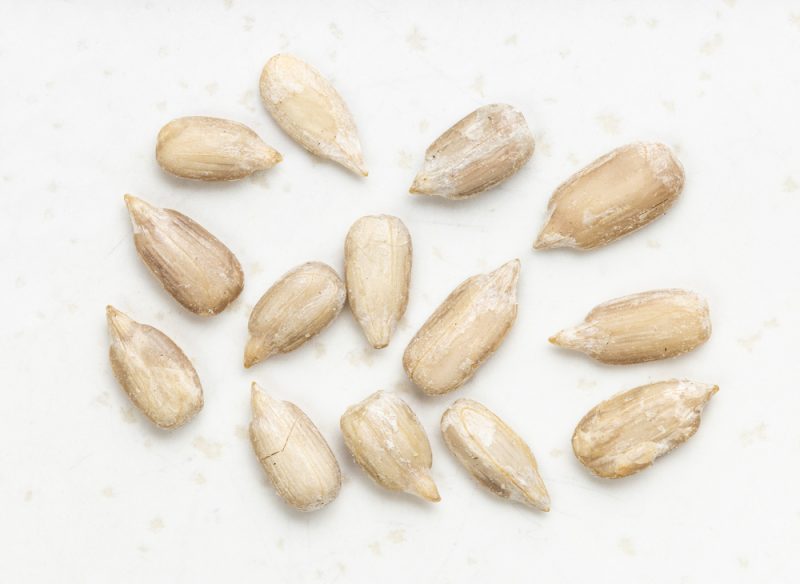
How Many Sunflower Seeds Can Cats Eat?
Remember that all snacks should be served in moderation, and this is particularly true for animals with smaller stomachs; they cannot eat large quantities. But when eaten in moderation, sunflower seeds are nutritious and beneficial for cats.
Cats should eat sunflower kernels as a treat, once or twice a week, a few at a time. And just like every new food introduction, if you are feeding your kitty sunflower seeds for the first time, only serve one or two, and then monitor them for 24 hours to ensure that they are not allergic to them.
Nutritional Content of Sunflower Seeds
There is a reason why humans love seeds so much. Not only are they a nutrient-dense snack full of healthy omega fatty acids, but they are also full of protein, fiber, vitamins, and minerals. The question is, are they nutritious for kitties?
1. Protein
Cats need a high amount of protein, and while most of it should come from meat sources, some can come from plant sources. The protein content of the sunflower seed is the most appealing factor, which is why some cats are attracted to them.
However, keep in mind that plant proteins are not complete for cats, and they do not contain all the amino acids that a cat needs to thrive. Most of your cat’s daily diet should come from animal-derived proteins.
2. Fiber
Highly fibrous foods support the regular movement of the digestive system in all animals, including cats. Sunflower seeds contain prebiotic fiber that promotes friendly bacteria in the gut and keeps stools healthy and firm.
The mistake some cat owners make is to feed their cat too much fiber in the hope that it will eradicate digestive issues, but too much fiber combined with too much fat can cause problems with their gut, as well as produce extra gas, which is another reason to feed your cat sunflower seeds in moderation.
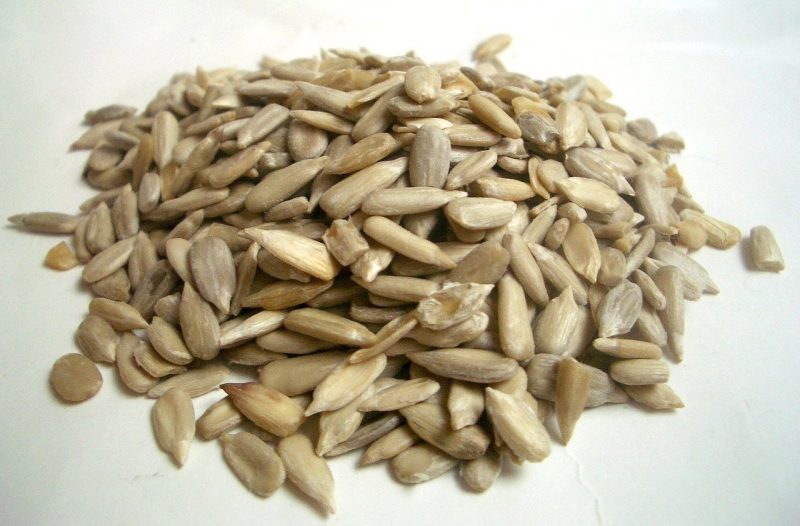
3. Vitamin E
Sunflower seeds are also rich in vitamin E, which has several health benefits. Vitamin E keeps your cat’s skin and coat healthy and glossy and is known to protect against free radical damage.
4. Vitamin B1
Also known as thiamine, B1 is very important for cats. Cats can suffer from thiamine deficiency, which results in neurological signs. So, sunflower seeds, in moderation, will boost their levels!
5. Selenium
Sunflower seeds are also high in selenium, which is an antioxidant that is crucial in many body functions, including the proper function of the thyroid gland and immune system.
6. Calorie Considerations
Also, remember that while sunflower seeds can be a healthy treat for your cat, they are calorie-dense and should not be abused. A 30-gram serving of sunflower seeds has 175 calories, which is two-thirds of the daily allowance for a 10-pound cat. Serving sunflower seeds to your cat too often is dangerous because they will likely become overweight.
Your cat’s primary nutrition should come from a complete and balanced cat food containing all the nutrients they need to thrive.
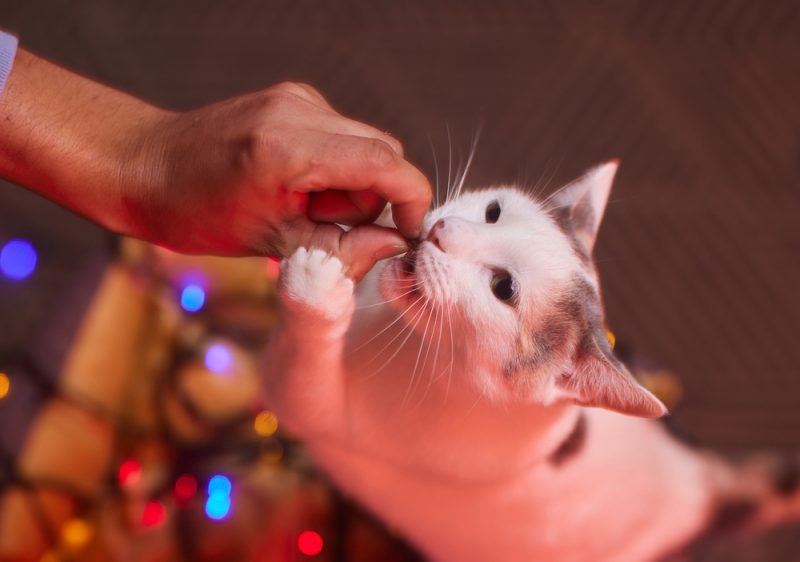

When Not to Feed Your Cat Sunflower Seeds
Sunflower seeds are full of healthy fats, but fats nonetheless, so if your cat is a little on the chunky side, you should reduce the number of seeds you serve, if any at all, until they are back to a healthy weight.
If the sunflower seeds are store-bought, examine the ingredients. They should not have flavoring, preservatives, added oils, or spices because they can all be harmful to your kitty.
- NO MESS - The 360° tray on this cat food and water bowl set has a raised design to catch and...
- WHISKER FRIENDLY - Shallow and wide metal containers with flat bottoms ensure your kitty can enjoy...
- CHEW-SAFE MATERIALS - Kittens and cats love chewing on silicone and soft rubber - but it's a choking...
Learning about what your cat can and cannot eat is a crucial part of keeping them happy and healthy! Choosing a bowl to serve cat-friendly foods in is another important decision pet owners face. Satisfy the specific needs of your cat with the innovative design of the Hepper NomNom Cat Bowl. Learn why it’s our (and our cats!) favorite food and water dish here.
At Catster, we’ve admired Hepper for many years and decided to take a controlling ownership interest so that we could benefit from the outstanding designs of this cool cat company!

Final Thoughts
Cats can eat de-shelled sunflower seeds, and as long as they are eaten in moderation, one to five sunflower kernels occasionally are enough. They are a very nutritious and tasty snack and contain vital nutrients, including thiamine, selenium, vitamin E, and antioxidants. However, sunflower seeds are also calorie-dense, which is why you must be careful when sharing them with your kitty.
Featured Image Credit: Alena Koval, Pexels, pictavio, Pixabay

